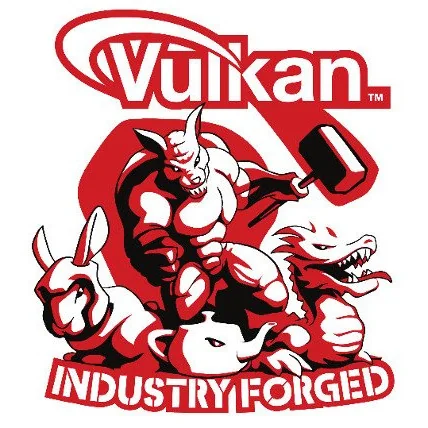vRt Aims To Be A Unified Vulkan Ray-Tracing Library

vRt is a newer project (well, already with nearly 900 commits) that offers a unified ray-tracing, cross-platform library built against Vulkan 1.1. The vRt project aims for high performance at 100Mrays/r on RX Vega 64 class hardware, makes use of Vulkan compute, and is working on both Windows and Linux so far.
While the recent Vulkan 1.1.85 spec update brought the experimental VK_NVX_raytracing extension for RTX ray-tracing with NVIDIA Turing graphics cards, the vRt library currently doesn't make use of it and this library so far has been developed without RTX/Turing hardware.
The vRt project is hoping to begin enabling RTX acceleration next month and that around the end of the year is when this ray-tracing library will hopefully reach an alpha state and provide advanced ray-tracing capabilities. Sometime after that point is when the developer hopes to work on adapting vRt to games/engines and other applications.
Those wishing to learn more about this ambitious project can do so via vRt on GitHub. This is also the first Vulkan ray-tracing open-source project I am aware of and the first with Linux support -- I'm certainly anxious to get some sort of RTX benchmarks running on Linux.
12 Comments

